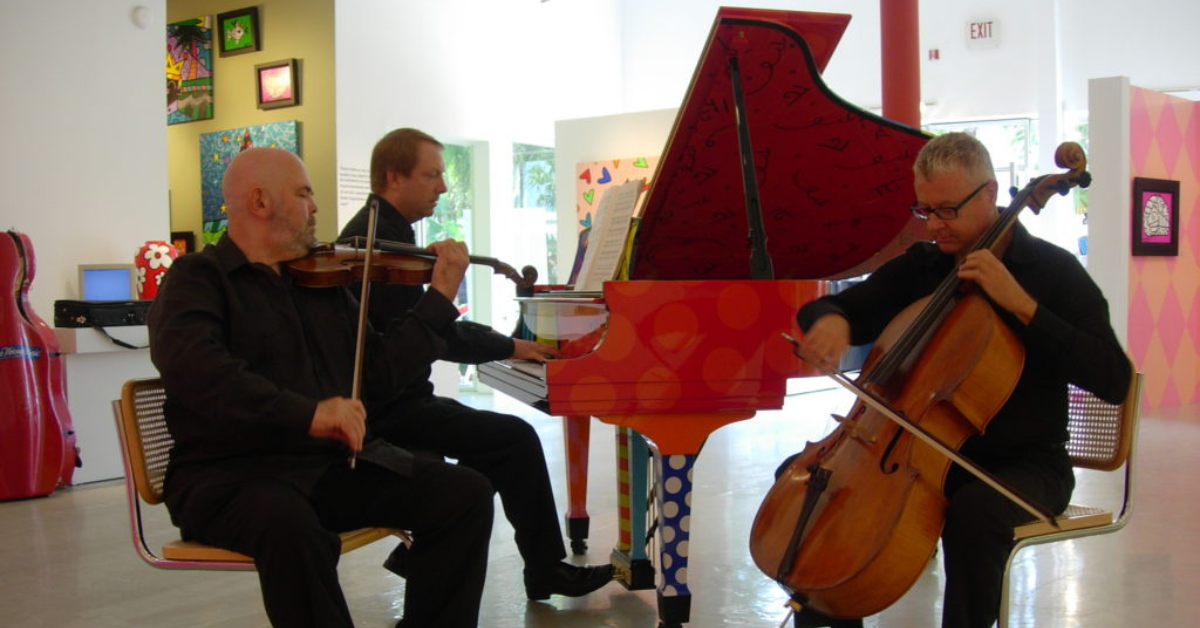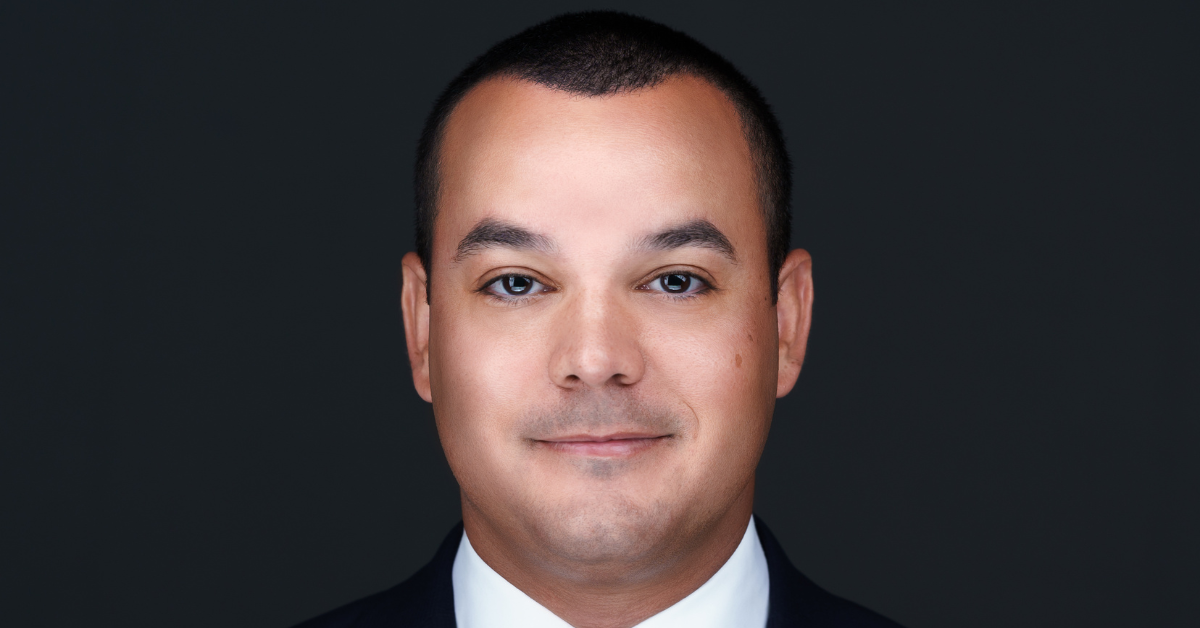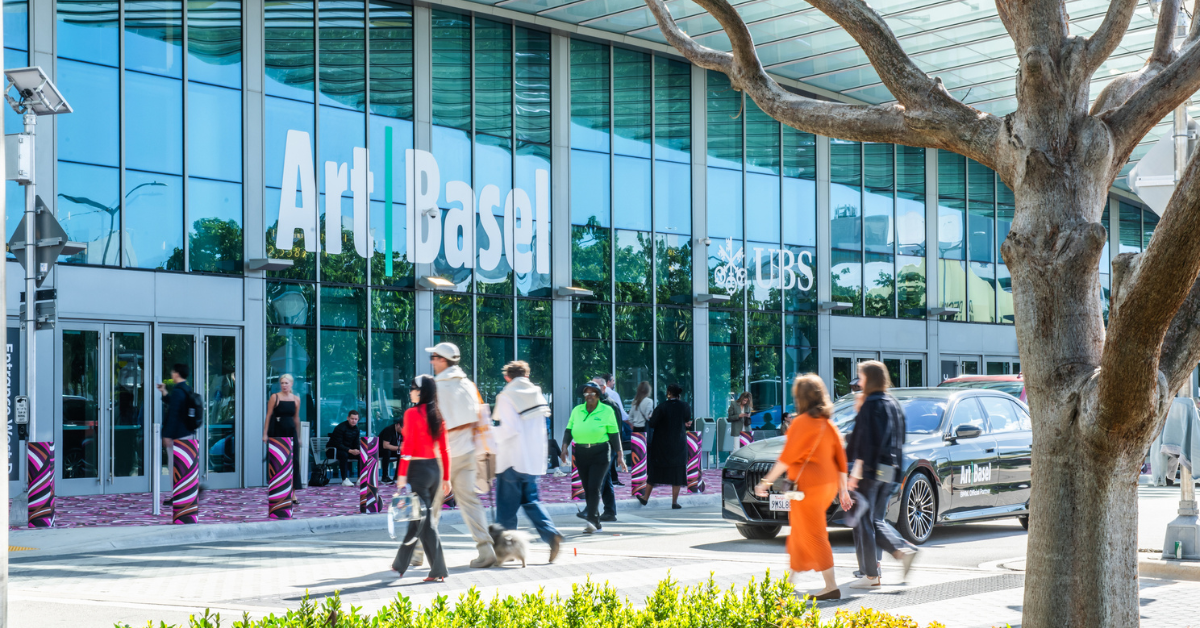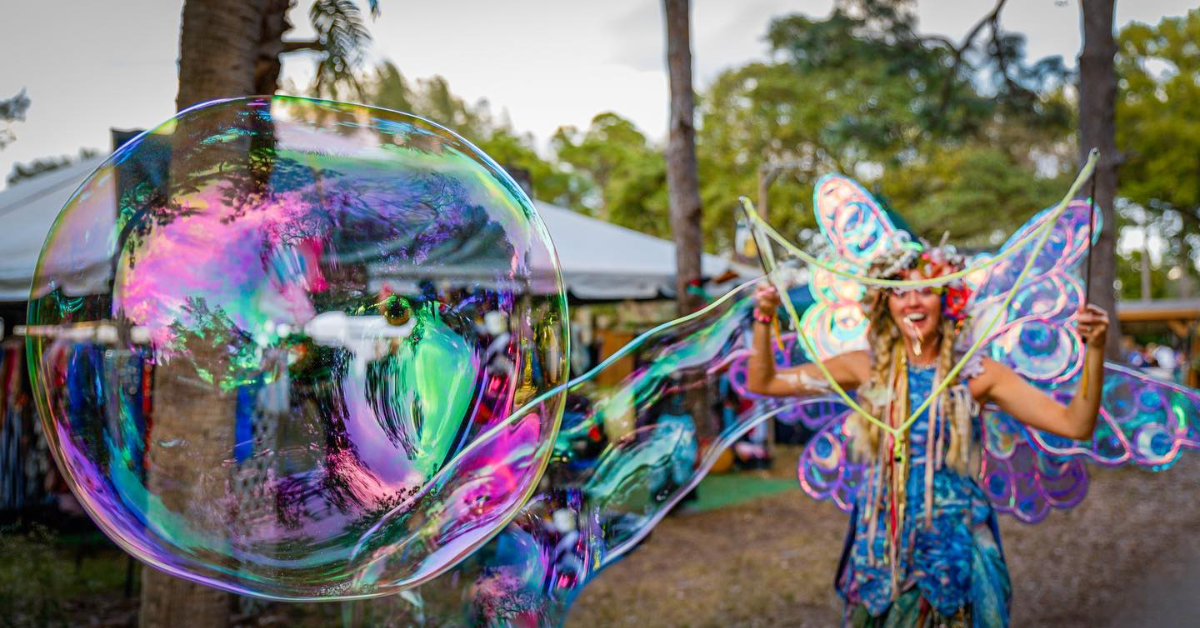
2024-25 marks the 27th season of the South Beach Chamber Ensemble and our signature series, "Music in Beautiful Spaces.”
From Spain and Cuba
October 10 at 7:30pm, Ancient Spanish Monastery
October 12 at 2:00pm, All Soul’s Episcopal Church
Arriaga String Quartet #2 in A major (1824) 24 minutes
Orbón String Quartet #1 (1951) 17 minutes
Juan Crisóstomo Jacobo Antonio de Arriaga y Balzola (1806-1826) was a Spanish Basque composer. He was nicknamed "the Spanish Mozart" after he died, because, like Wolfgang Amadeus Mozart, he was both a child prodigy and an accomplished composer who died young. At the age of 16, Arriaga wrote three sparkling and idiomatic string quartets that were published in 1824, and were the only works of his published during his lifetime. His style is on the borderline between late Classicism and early Romanticism, ranging from the late Classical idiom of Mozart to the proto-Romanticism of early Beethoven.
Julián Orbón (1925-1991) was a Cuban composer who lived and composed in Spain, Cuba, Mexico, and the United States. Aaron Copland referred to Orbón as "Cuba's most gifted composer of the new generation.” Orbón created compositions that combined Spanish and Cuban styles and traits, Gregorian chant qualities, and African music styles. His early style was influenced by composers such as Manuel de Falla, Rodolfo Halffter, and Ernesto Halffter, who used a Spanish neoclassic style in their compositions.
Haydn, Shostakovich and Chaminade
November 15 at 7:30pm, St. Phillips Episcopal Church
November 16 at 4:00pm, All Soul’s Episcopal Church
Haydn Piano Trio No. 24 in D Major (1795) 15 minutes
Dmitri Shostakovich Piano Trio No. 1 in C minor, Op. 8 (1924) 13 minutes
Cécile Chaminade Piano Trio No. 1 in G Minor, Op. 11 (1881) 23 minutes
Franz Joseph Haydn (1732-1809) was an Austrian composer of the Classical period. He was instrumental in the development of chamber music such as the string quartet and piano trio. His contributions to musical form have led him to be called "Father of the Symphony" and "Father of the String Quartet”. Haydn spent much of his career as a court musician for the wealthy Esterházy family at their Eszterháza Castle. Until the later part of his life, this isolated him from other composers and trends in music so that he was, as he put it, "forced to become original". Yet his music circulated widely, and for much of his career he was the most celebrated composer in Europe. He was a friend and mentor of Mozart and a tutor of Beethoven.
Dmitri Shostakovich (1906-1975) was a Soviet-era Russian composer and pianist. He is regarded as one of the major composers of the 20th century and one of its most popular composers. His music is characterized by sharp contrasts, elements of the grotesque, and ambivalent tonality; he was also heavily influenced by the neoclassical style pioneered by Igor Stravinsky, and by the late Romanticism of Gustav Mahler.
Cécile Louise Stéphanie Chaminade (1857-1944) was a French composer and pianist. In 1913, she was awarded the Légion d'Honneur, a first for a female composer. Ambroise Thomas said, "This is not a woman who composes, but a composer who is a woman.” Chaminade affiliated herself with nationalist composers such as Camille Saint-Saëns and Charles Gounod. Her musical style was rooted in both Romantic and French tradition throughout her career and her music has been described as tuneful, highly accessible and mildly chromatic. In describing her own style, Chaminade wrote, "I am essentially of the Romantic school, as all my work shows.”
Montgomery and Price
January 31 at 7:30pm, All Soul’s Episcopal Church
February 2 at 2:00pm, St. Philip’s Episcopal Church
Jessie Montgomery Break Away (2013) 12 minutes
Florence Price String Quartet #2 in A Minor (1935) 26 minutes
Jessie Montgomery is an acclaimed composer, violinist, and educator. She is the recipient of the Leonard Bernstein Award from the ASCAP Foundation, the Sphinx Medal of Excellence, and her works are performed frequently around the world by leading musicians and ensembles. Her music interweaves classical music with elements of vernacular music, improvisation, poetry, and social consciousness, making her an acute interpreter of 21st century American sound and experience. Her profoundly felt works have been described as “turbulent, wildly colorful and exploding with life” (The Washington Post). Her growing body of work includes solo, chamber, vocal, and orchestral works. Some recent highlights include Shift, Change, Turn (2019) commissioned by the Orpheus Chamber Orchestra and the Saint Paul Chamber Orchestra, Coincident Dances (2018) for the Chicago Sinfonietta, and Banner (2014)—written to mark the 200th anniversary of “The Star-Spangled Banner”—for The Sphinx Organization and the Joyce Foundation, which was presented in its UK premiere at the BBC Proms on 7 August 2021.
Summer 2021 brought a varied slate of premiere performances, including Five Freedom Songs, a song cycle conceived with and written for Soprano Julia Bullock, for Sun Valley and Grand Teton Music Festivals, San Francisco and Kansas City Symphonies, Boston and New Haven Symphony Orchestras, and the Virginia Arts Festival (7 August); a site-specific collaboration with Bard SummerScape Festival and Pam Tanowitz Dance, I was waiting for the echo of a better day (8 July); and Passacaglia, a flute quartet for The National Flute Association’s 49th annual convention (13 August). Since 1999, Jessie has been affiliated with The Sphinx Organization, which supports young African American and Latinx string players and has served as composer-in-residence for the Sphinx Virtuosi, the Organization’s flagship professional touring ensemble. A founding member of PUBLIQuartet and a former member of the Catalyst Quartet, Jessie holds degrees from the Juilliard School and New York University and is currently a PhD Candidate in Music Composition at Princeton University. She is Professor of violin and composition at The New School. In May 2021, she began her three-year appointment as the Mead Composer-in-Residence with the Chicago Symphony Orchestra.
Florence Price (1887-1953) was an American classical composer, pianist, organist and music teacher. Born in Little Rock, Arkansas, Price was educated at the New England Conservatory of Music, and was active in Chicago from 1927 until her death in 1953. Price is noted as the first African-American woman to be recognized as a symphonic composer, and the first to have a composition played by a major orchestra. Price composed over 300 works: four symphonies, four concertos, as well as choral works, art songs, chamber music and music for solo instruments. In 2009, a substantial collection of her works and papers was found in her abandoned summer home. Price's second string quartet has melodic and harmonic language that invokes midtwentieth-century idioms. The first movement begins with a quiet, brooding ostinato and a theme whose evocative blue thirds directly bespeak her African American heritage. That emotional drama gives way to a gentle, rocking lyricism of the second movement, employing dissonances that are more a part of the modernist idioms of the early twentieth century. The main theme of the third movement is in the style of a Juba dance, an African dance that involved body-slapping, foot-stomping, and hand-clapping; this section frames a more relaxed allegretto that is based on African American dance idioms. The last movement puts Price's advanced harmonic technique on display in a rondo form of remarkable emotional breadth.
Mendelssohn and Clarke
April 5 at 2:00pm, All Soul’s Episcopal Church
April 6 at 2:00pm, St. Phillips Episcopal Church
Fanny Mendelssohn Piano Trio in D minor, Op. 11 (1846-47) 25 minutes
Rebecca Clarke Piano Trio in Eb major (1921) 25 minutes
Fanny Mendelssohn (1805-1847) was a German composer and pianist of the early Romantic era who was known as Fanny Hensel after her marriage. Her compositions include a piano trio, a piano quartet, an orchestral overture, four cantatas, more than 125 pieces for the piano and over 250 lieder, most of which were unpublished in her lifetime. Although lauded for her piano technique, she rarely gave public performances outside her family circle. In 1847, an anonymous critic in the Neue Berliner Musikzeitung found in the trio “...broad, sweeping foundations that build themselves up through stormy waves into a marvelous edifice. In this respect the first movement is a masterpiece, and the trio most highly original.” Angela Mace Christian refers to the piece in Grove Music Online as "one of her most impressive chamber works.”
Rebecca Clarke (1886-1979) was a British-American classical composer and violist best known for her chamber music featuring the viola. She is considered one of the most important British composers in the interwar period between World War I and World War II and the most distinguished British female composer of her generation. Born in England (of a German mother and an American father), Rebecca Clarke claimed both British and American nationalities and spent substantial periods of her long life in the United States, where she permanently settled after World War II. Although Clarke's output was not large, her work was recognized for its compositional skill and artistic power.
The Americans
May 17 at 2:00pm, All Soul’s Episcopal Church
May 18 at 2:00pm, St. Bede Chapel
Florence Price String Quartet #1 in G Major 18 minutes
George Whitefield Chadwick String Quartet #4 in E minor 28 minutes
Florence Beatrice Price (1887-1953) was an American classical composer, pianist, organist and music teacher. Born in Little Rock, Arkansas, Price was educated at the New England Conservatory of Music, and was active in Chicago from 1927 until her death in 1953. Price is noted as the first African-American woman to be recognized as a symphonic composer, and the first to have a composition played by a major orchestra. Price composed over 300 works: four symphonies, four concertos, as well as choral works, art songs, chamber music and music for solo instruments. In 2009, a substantial collection of her works and papers was found in her abandoned summer home. Even though her training was steeped in European tradition, Price's music is in an American idiom and reveals her Southern roots. The strong influence of the composition style of Dvorak is often noticeable. She wrote with a vernacular style, using sounds and ideas that fit the reality of urban society. Being a committed Christian, she frequently used the music of the African-American church as material for her arrangements. At the urging of her mentor George Whitefield Chadwick, Price began to incorporate elements of African-American spirituals, emphasizing the rhythm and syncopation of the spirituals rather of the spirituals rather than just using the text.
George Whitefield Chadwick (1854-1931) was an American composer. Along with John Knowles Paine, Horatio Parker, Amy Beach, Arthur Foote, and Edward MacDowell, he was a representative composer of what is called the Second New England School of American composers of the late 19th century—the generation before Charles Ives. Chadwick's works are influenced by the Realist movement in the arts, characterized by a down-to-earth depiction of people's lives. His works included several operas, three symphonies, five string quartets, tone poems, incidental music, songs and choral anthems. Along with a group of other composers collectively known as the Boston Six, Chadwick was one of those responsible for the first significant body of concert music by composers from the United States.
Similar Posts

Seraphic Fire Names Dr. Daniel M. Yanez, CFRE as its Next Executive Director
Recent Posts

The most wonderful time of the year? Art Basel Miami Beach!

The Last Christmas Review

The Florida Renaissance Festival Brings Patrons Back in Time Again at Quiet Waters Park for its 33rd Anniversary
